Runny nose is a common condition that manifests itself in the form of nasal congestion, mucus discharge, sneezing and irritation of the nasopharynx. The symptoms of a runny nose can be caused by a number of factors such as allergens, viruses, bacteria, influenza, and other infectious diseases.
Basically, a runny nose occurs due to inflammation of the nasal mucosa. As a result of this, the mucosa begins to secrete mucus in large quantities to protect the body from possible infections and allergens. In this case, the mucus can become thick and difficult to remove, which often creates discomfort and discomfort.
What is a runny nose?
One of the main ways to deal with a runny nose is its treatment. Although the common cold is not usually a serious condition, its presence can seriously affect the quality of life. For example, a runny nose can lead to reduced visual function, sleep disturbance, skin irritation, and other adverse effects.
It is important to understand that a runny nose can be caused by both bacterial and viral infections. Therefore, for effective treatment, it is necessary to determine the cause of the disease. In the case of a viral infection, a runny nose usually lasts a week, but in more severe cases it can last longer. Bacterial runny nose requires more serious treatment, including the use of antibiotics.
There are many ways to get rid of a cold. In most cases, treatment includes the use of antihistamines and mucolytics, which help reduce inflammation of the mucous membrane and reduce the amount of mucus. It is also important to pay attention to the prevention and strengthening of immunity, which will help to cope with the common cold faster and more effectively.
In conclusion, the common cold is an unpleasant disease that can lead to many unpleasant consequences. To get rid of it, it is necessary to determine the cause of the disease and apply appropriate methods of treatment. It is also important not to forget about the prevention and strengthening of the immune system in order to avoid the recurrence of the common cold in the future.
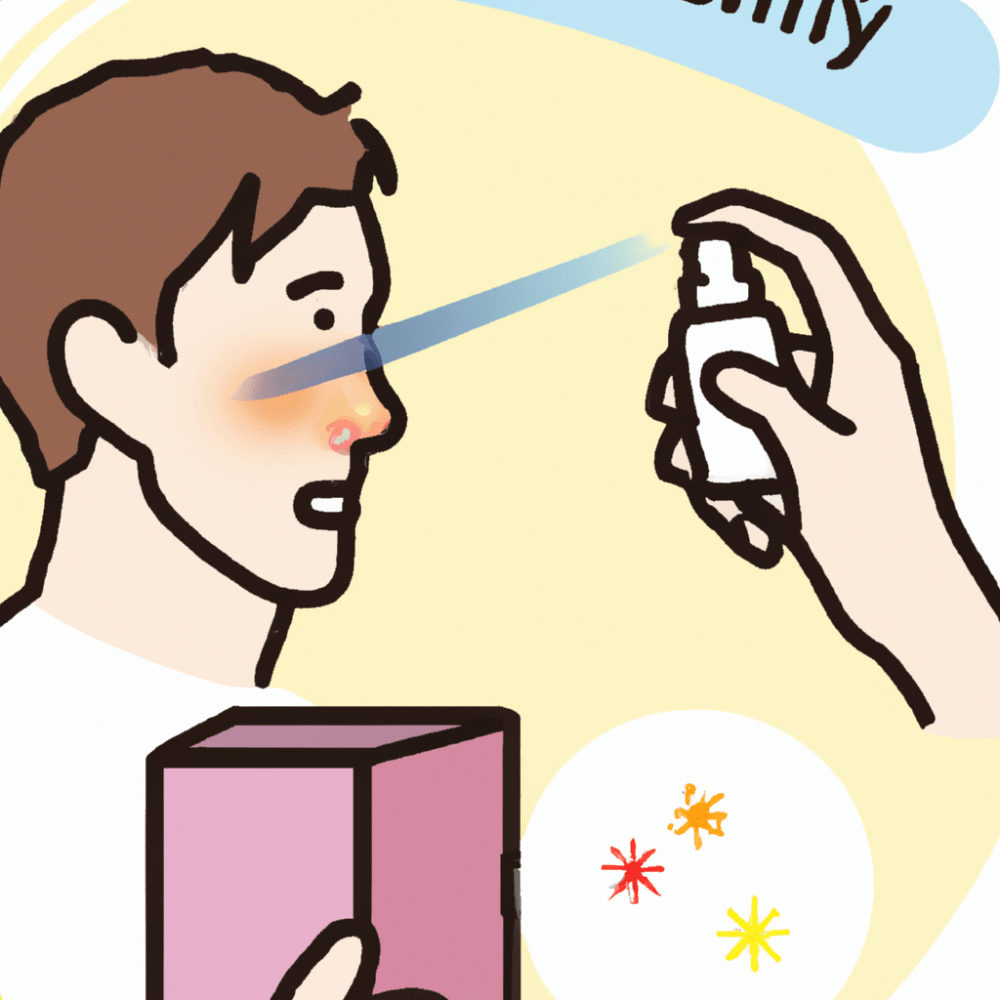
Myths and legends of mankind about the common cold
In ancient times, a runny nose was considered a sign of illness, a curse, or even otherworldly forces that haunt a person. In ancient Greece and Rome, people believed that the common cold was caused by evil spirits and gods. They tried to drive these spirits away using amulets, magic potions and spells.
In medieval Europe, a runny nose was considered one of the signs of a witch. People believed that witches could cause a runny nose in their victims. They tried to eradicate them by burning them at the stake. At the same time, in the East, a runny nose was considered associated with bad air and impurities that accumulate in the body.
With the development of science and medicine, many of these myths and legends have been debunked. Today we know that the common cold is caused by viruses and bacteria that are transmitted through contact with infected people or surfaces. The disease is easily treated with simple measures such as drinking plenty of water, eating foods rich in vitamins, and using ointments and drops that relieve symptoms.
Despite this, the myths and legends about the common cold still live in the modern world. Many people still believe in these superstitions and try to fight the common cold with the help of magic signs and love spells.
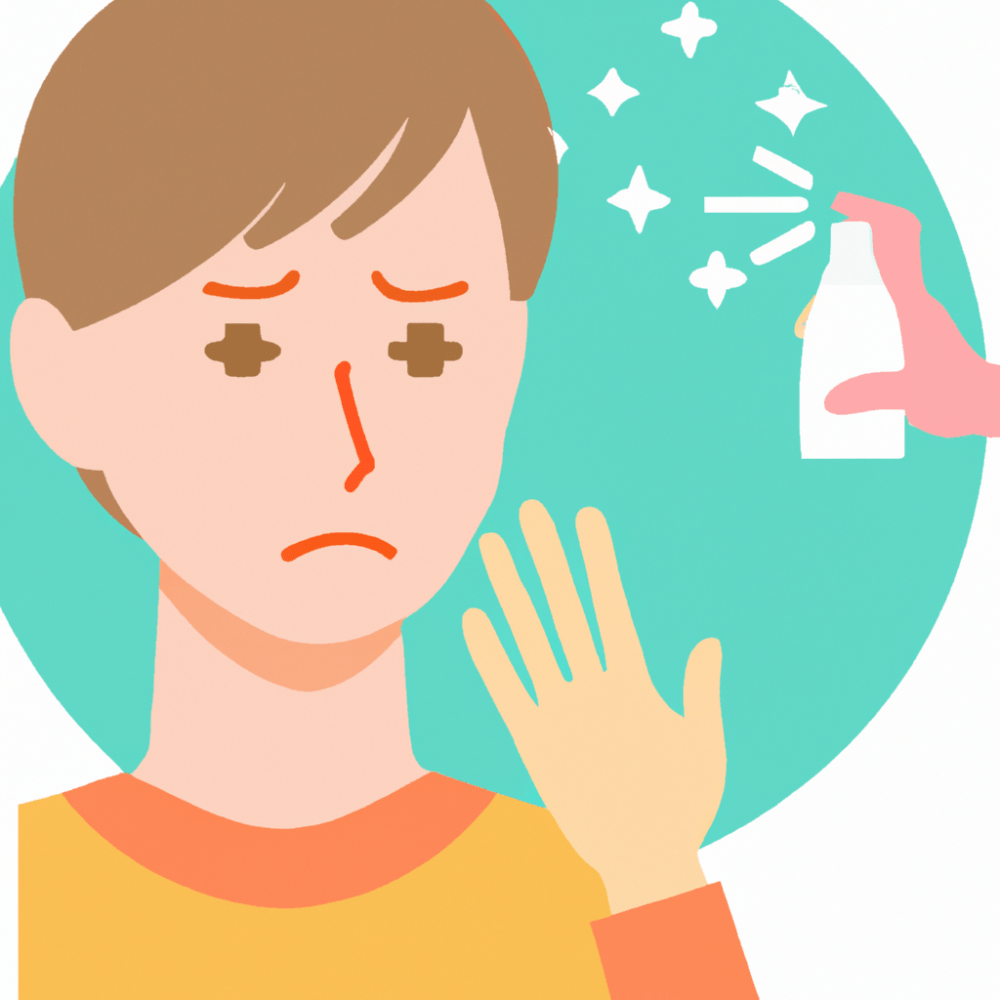
Thus, the history of the common cold is the story of how human ideas about disease and illness have changed over time. The myths and legends about the common cold that have become part of our culture allow us to see how our ancestors dealt with this disease and how we fight it today. But at the same time, they remind us that medical knowledge is always evolving and changing – and that it is important to turn to the most up-to-date and reliable sources of information in order to fight the common cold and other diseases.
Runny nose treatment
Runny nose is one of the most common diseases, which is accompanied by the filling of the nasal passages with mucus. It can be caused by viruses, bacteria, allergens and other factors. Despite the fact that a runny nose is not a serious disease, it can cause a lot of trouble and disrupt the normal rhythm of life. But there are effective treatments for a runny nose that will help you get rid of it quickly.
Folk remedies
In folk medicine, there are many remedies for the treatment of the common cold. They can help to cope with the disease without resorting to pharmaceutical drugs.
One of the most common remedies is the use of freshly squeezed onion drops. To prepare drops, you need to take an onion, cut it into pieces and squeeze the juice. Then the resulting juice should be applied to the nasal passages 2-3 times a day.
You can also use drops of freshly squeezed garlic. To do this, cut a few cloves of garlic and squeeze the juice out of them. Then the resulting juice should be applied to the nasal passages 2-3 times a day.
In addition, you can prepare a tincture of lime blossom. To do this, you need to take 2 tablespoons of lime blossom, pour them with a glass of boiling water and leave for 15-20 minutes. Then strain the tincture and drink 1/3 cup 3 times a day.
Pharmaceuticals and drugs for the treatment of the common cold
Pharmaceuticals are the most common way to treat the common cold. They can quickly and effectively cope with the disease.
One of the most common drugs are nasal drops and sprays that contain vasoconstrictor drugs such as oxymetazoline, xylometazoline, or naphazoline. These drugs reduce swelling of the nasal mucosa and reduce the amount of mucus, which allows you to breathe more freely. However, they should not be used for more than 3-5 days as they can be addictive and worsen.
Another class of drugs to treat the common cold are antiallergic drugs such as ketotifen, loratadine, or cetirizine. They are designed to treat allergic rhinitis and reduce swelling and inflammation of the nasal mucosa. They can be effective when used regularly, but do not relieve the symptoms of a runny nose immediately.
Stronger antiallergic drugs, such as glucocorticosteroids, may be used for more severe allergic rhinitis. They reduce mucosal inflammation and swelling, but may have side effects such as weight gain or an increased risk of infection.

It is important to understand that any drug must be prescribed by a doctor and used in accordance with the instructions. Taking drugs without a doctor's prescription or overusing them can lead to serious side effects and worsening of the condition.
In general, pharmaceuticals can be an effective treatment for the common cold, but their use must be appropriate and supervised by a physician. It is also important to remember that to relieve the symptoms of a runny nose, preventive measures should be taken, such as frequent hand washing and avoiding contact with infectious and allergenic substances.
Treatments for the common cold
In addition to folk remedies and pharmaceuticals, there are other ways to treat the common cold. They can help to cope with the disease, speed up the healing process and reduce unpleasant symptoms.
One such way is to rinse the nose with a saline solution. To do this, you need to dissolve the salt in warm water and then pour the resulting solution into one nostril, holding the other. Then you need to blow out your nose and repeat the procedure with the other nostril.
Alternatively, you can use an inhaler. It helps to moisturize the nasal mucosa, which reduces swelling and improves breathing.
Thus, a runny nose is a disease that can be easily and quickly treated. Home remedies, pharmaceuticals, and treatments can help you manage your symptoms and get back to your normal life. But remember that if a runny nose lasts more than 7 days, you need to see a doctor.
Follicular runny nose
Follicular rhinitis is a disease characterized by inflammation of the follicles in the nose. It can occur for various reasons and have a variety of symptoms. To understand how to treat this disease, you need to understand its causes and symptoms.
The causes of follicular rhinitis can be different. This may be a violation of the functions of the immune system, an allergic reaction to various substances, a viral or bacterial infection, problems with hormonal balance, and some other factors. In addition, follicular runny nose can be caused by malnutrition, stress, poor environmental conditions, and other factors.
The main symptom of follicular rhinitis is the presence of mucus in the nose. It may be transparent or have a greenish color. In addition, the patient may experience itching and burning in the nose, nasal congestion, coughing, headache, pain in the eyes and other symptoms. If the disease is not treated, the symptoms may worsen.
Treatment of follicular rhinitis depends on its causes. If the disease is caused by an allergy, then it is necessary to take antihistamines. If the cause is hormonal disorders, then you need to contact an endocrinologist. If the disease is caused by an infection, then antibiotics are prescribed. In addition, special nasal drops and sprays are used to treat follicular rhinitis, which eliminate nasal congestion and make breathing easier.
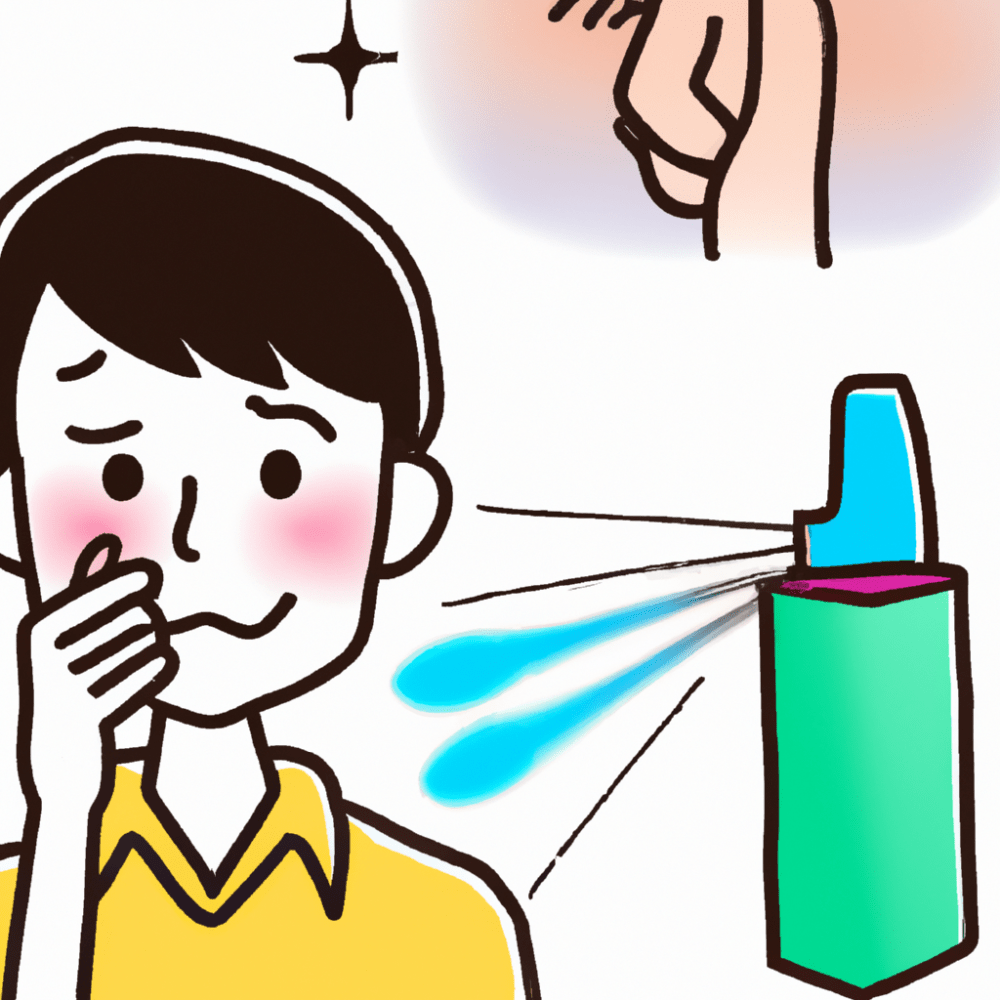
Follicular rhinitis is a serious disease that needs to be treated. If you have symptoms of this disease, see your doctor. He will prescribe the necessary studies and select a treatment that will help eliminate the cause of the disease and alleviate the condition. Do not self-medicate, this can lead to negative consequences.
allergic rhinitis
Allergic rhinitis is a disease that occurs upon contact with allergens - substances that can cause an allergic reaction. The most common allergens are plant pollen, dust, fluff and animal hair, as well as mold and smoke.
The cause of allergic rhinitis is the increased sensitivity of the body to the allergen. When the allergen enters the body, the immune system reacts, which manifests itself in the form of a runny nose, nasal congestion, red eyes and sneezing.
Symptoms of an allergic rhinitis can occur at any time of the year, depending on the type of allergen. They include nasal congestion, clear fluid from the nose, redness of the eyes, sneezing, itchy nose and throat, decreased sense of smell, and general feeling of being unwell.
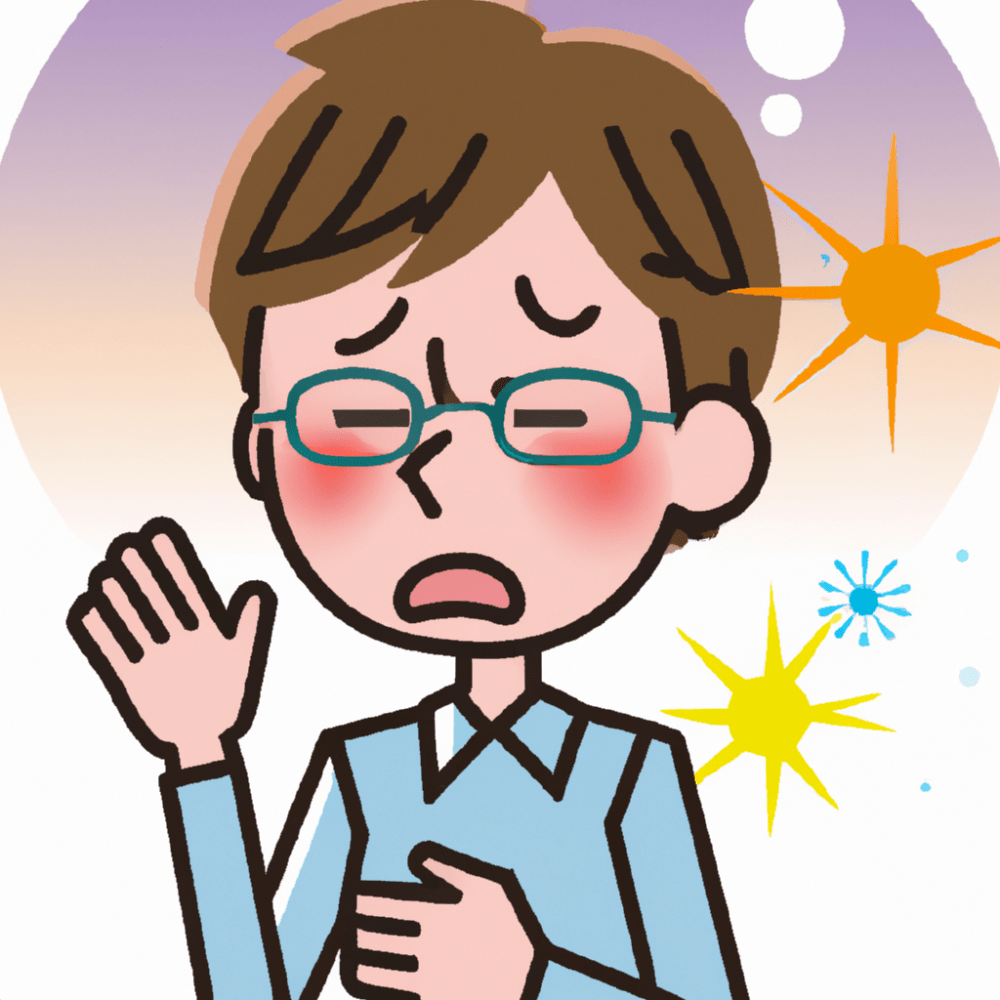
Treatment for allergic rhinitis can vary, depending on the severity of the symptoms and the underlying cause. The main methods of treatment are antihistamines, which reduce the body's response to the allergen, and the use of topical drops, sprays, and aerosols, which reduce nasal congestion and eliminate symptoms.
In addition, it is important to take preventive measures to reduce the risk of exposure to allergens. This may include cleaning the house, changing bed linen and airing rooms frequently, as well as avoiding contact with animals and travel during the blooming season.
It is important to know that allergic rhinitis is not an incurable disease, and with the right approach to treatment, you can achieve a complete recovery or a significant improvement in the condition. If you are suffering from the symptoms of an allergic rhinitis, consult your doctor to prescribe the appropriate treatment for you.
Runny nose warning
The common cold is one of the most common diseases in the world. It is caused by viruses and bacteria that enter the body through the nasal passages. A runny nose can lead to serious complications such as sinusitis, bronchitis and pneumonia. However, there are preventive measures that will help prevent a runny nose.
Cold prevention measures:
- Wash your hands. Wash your hands often with soap and water to kill viruses and bacteria that can lead to a runny nose.
- Avoid contact with sick people. Try to avoid contact with people who have a runny nose or other respiratory infections.
- Don't touch your face. Avoid touching your eyes, nose, and mouth unnecessarily to prevent viruses and bacteria from entering your body.
- Use napkins. Use disposable nasal wipes to avoid spreading the infection.
- Drink enough water. Drink enough water to keep your nasal passages moist and prevent a runny nose from developing.
How to strengthen immunity:
- Eat right. Eat healthy foods rich in vitamins and minerals to boost your immune system.
- Exercise regularly. Regular exercise helps to strengthen the immune system and improve overall health.
- Sleep enough. Get enough sleep to rest and strengthen your immune system.
- Avoid stress. Stress can weaken the immune system, so try to avoid stressful situations.
- Take vitamins and minerals. Take vitamins and minerals to help boost your immune system.
In general, the prevention of the common cold can be achieved by following preventive measures and strengthening immunity. A healthy lifestyle and proper nutrition will help strengthen the body and protect it from infections. Remember that prevention is better than cure, so try to prevent a runny nose before it starts.
Tips for getting rid of a cold
Timely treatment of the common cold is a guarantee of health and well-being not only for a person, but also for others. Although at first glance, a runny nose may seem like a common nuisance, it can lead to serious complications if you do not take measures to treat it.
First of all, it should be noted that a runny nose is not an independent disease, but only a symptom of a number of diseases, such as influenza, SARS, allergic reactions, and others. In this regard, the timely and correct treatment of the common cold directly depends on the establishment of its cause.
You can get rid of the common cold both with the help of medications and with the help of folk methods. In the first case, the most effective are drops and sprays based on an isotonic solution, which moisturize the nasal mucosa well and help relieve swelling. Menthol-based preparations can also be used to help reduce swelling of the mucous membrane and improve breathing.
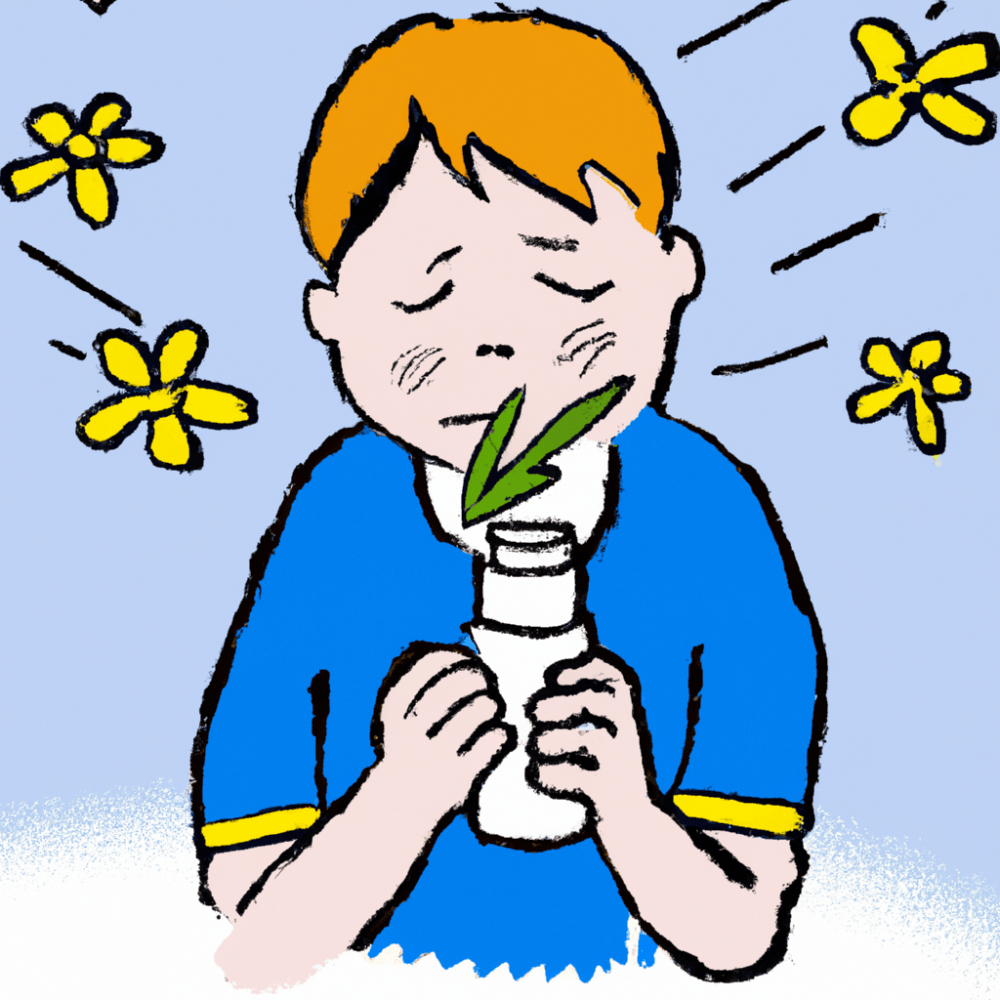
In addition to medications, there are many folk methods to help get rid of the common cold. One of the simplest and most effective ways is to use saline solutions. To do this, dissolve half a teaspoon of sea salt in a glass of warm water and add a few drops of iodine. The solution helps moisturize and clear the nasal passages.
Equally effective is the use of essential oils such as eucalyptus, thyme, peppermint or lavender. To do this, just add a few drops of oil to hot water and drink in the form of an infusion. You can also use these oils to scent a room.
It is important to remember that a runny nose is not only an unpleasant, but also a dangerous phenomenon that requires careful and timely treatment. Therefore, when symptoms of a runny nose appear, it is necessary to consult a doctor and begin treatment in order to avoid possible complications.
If a runny nose is caused by viral infections, then it is necessary to use antiviral drugs or symptomatic treatment, for example, the use of local vasoconstrictor drops or sprays. If your runny nose is caused by a bacterial infection, you may need to take antibiotics. Self-medication is not recommended, as improper treatment can aggravate the situation and provoke the development of complications. If the symptoms of a runny nose do not go away within a few days or are severe, you should consult a doctor for diagnosis and appropriate treatment.